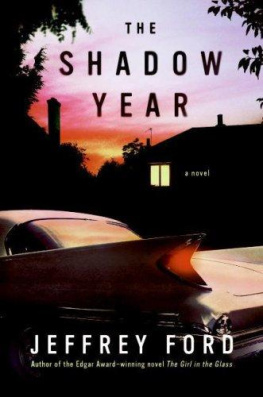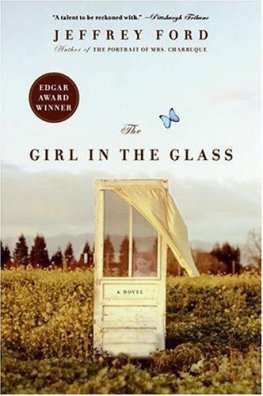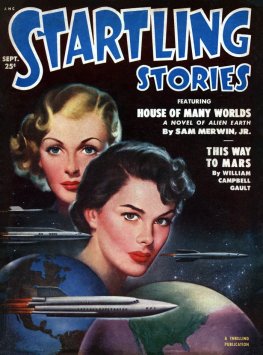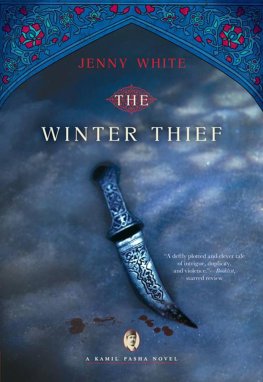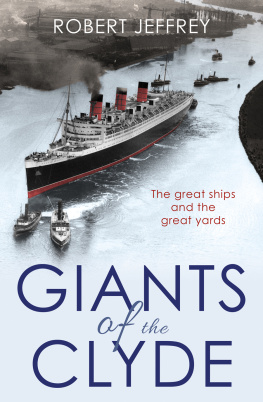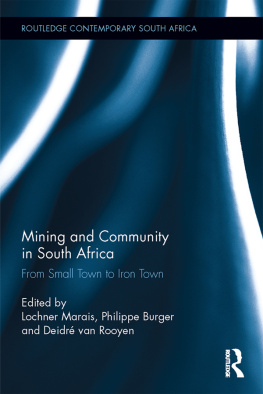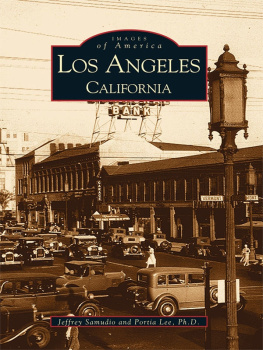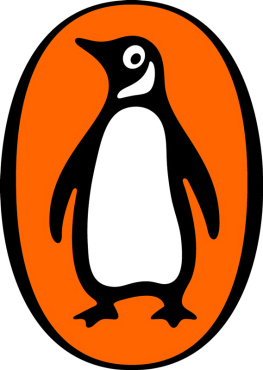Jeffrey Ford - The Physiognomy
Here you can read online Jeffrey Ford - The Physiognomy full text of the book (entire story) in english for free. Download pdf and epub, get meaning, cover and reviews about this ebook. genre: Romance novel / Prose. Description of the work, (preface) as well as reviews are available. Best literature library LitArk.com created for fans of good reading and offers a wide selection of genres:
Romance novel
Science fiction
Adventure
Detective
Science
History
Home and family
Prose
Art
Politics
Computer
Non-fiction
Religion
Business
Children
Humor
Choose a favorite category and find really read worthwhile books. Enjoy immersion in the world of imagination, feel the emotions of the characters or learn something new for yourself, make an fascinating discovery.

- Book:The Physiognomy
- Author:
- Genre:
- Rating:5 / 5
- Favourites:Add to favourites
- Your mark:
- 100
- 1
- 2
- 3
- 4
- 5
The Physiognomy: summary, description and annotation
We offer to read an annotation, description, summary or preface (depends on what the author of the book "The Physiognomy" wrote himself). If you haven't found the necessary information about the book — write in the comments, we will try to find it.
The Physiognomy — read online for free the complete book (whole text) full work
Below is the text of the book, divided by pages. System saving the place of the last page read, allows you to conveniently read the book "The Physiognomy" online for free, without having to search again every time where you left off. Put a bookmark, and you can go to the page where you finished reading at any time.
Font size:
Interval:
Bookmark:
Jeffrey Ford
The Physiognomy
For
Lynn, Jackson and Derek:
my guides to the earthly paradise
I left the Weil-Built City at precisely 4:00 in the afternoon of an autumn day. The sky was dark, and the wind was blowing when the coach pulled up in front of my quarters. The horses reared against a particularly fierce gale and my papersdescribing the case that had been assigned to me no more than an hour earlier by the Master, Drachton Below, himselfnearly flew out of my hands. The driver held open the door for me. He was a porcine fellow with rotten teeth, and I could tell from one look at his thick brow, his deep-set eyes that he had propensities for daydreaming and masturbation. "To the territory," he yelled over the wind, spitting out his words across the lapels of my topcoat. I nodded once and got in.
A few minutes later we were speeding through the streets of the city toward the main gate. When the passersby saw my coach, they gave me that curious one-finger salute, a greeting which had recently sprung up from the heart of the populace. I thought of waving back, but I was too preoccupied with trying to read the clues of their physiognomies.
After all my years of sweeping open the calipers to find the "soul," skin deep, even a glimpse at a face could explode my wonder. A nose to me was an epic, a lip, a play, an ear, a many-volumed history of mankind's fall. An eye was a life in itself, and my eyes did the thinking as I rode into the longest night, the dim-witted driver never letting up on the horses, through mountain passes, over rocky terrain where the road had disappeared. With the aid of the Master's latest invention, a chemical light that glowed bright orange, I read through the particulars of the official manuscript. I was headed for Anama-sobia, a mining town of the northern territory, the last outpost of the realm.
I reread the case so many times that the words died from abuse. I polished my instruments till I could see myself in their points. I stared out at moonlit lakes and gnarled forests, at herds of strange animals startled into flight by the coach. And as the Master's light began to dim, I prepared an injection of sheer beauty and stuck it in my arm.
I began to glow as the light failed, and an image from the manuscript presented itself to my eye's-mind a white fruit said to have grown in the Earthly Paradise, purported to have all manner of supernatural powers. It had sat under glass on the altar of the church in Anamasobia for years, never spoiling but always at the perfect moment of ripeness.
Years before, the local miners who worked the spire veins beneath Mount Gronus had broken through a wall into a large natural chamber with a pool and found it there in the withered hand of a mummified ancient. The story of its discovery had piqued the interest of the Weil-Built City for a time, but most considered the tale primitive lunacy concocted by idiots.
When the Master had handed me the assignment, he laughed uproariously and reminded me of the disparaging remarks concerning his facial features I had whispered into my pillow three years earlier. I had stared, dumbfounded by his omniscience, while he injected himself in the neck with a syringe of sheer beauty. As the plunger pushed the violet liquid into his bulging vein, a smile began to cross his lips. Laconically, he pulled the needle out and said, "I don't read, I listen."
I bit the white fruit and something flew out of it, flapping around the interior of the coach and tangling itself in my hair.
Then it was gone and the Master, Drachton Below, was sitting across from me, smiling. 'To the territory," he said and offered me a cigarette. He was dressed in black with a woman's black scarf tied around his head, and those portions of his physiognomy that had, years earlier, revealed to me his malicious hubris were accentuated by rouge and eyeliner. Eventually he broke apart like a puzzle that put me to sleep.
I dreamed the coach stopped on a barren windswept plateau with a shadowy vista of distant mountains in the moonlight. The temperature had dropped considerably, and, as I burst out of my compartment, demanding to know the reason for the delay, my words came as steam. The absolute clarity and multitude of stars silenced me. I watched the driver walk a few yards away from the coach and begin drawing a circle around himself with the toe of his boot. He then stood in the middle of it and mumbled toward the mountains. As I approached him, he unzipped his pants and began urinating.
"What nonsense is this?" I asked.
He looked over his shoulder at me and said, "Nature calls, your honor."
"No," I said, "the circle and the words."
"That's just a little something," he said.
"Explain," I demanded.
He finished his business and, pulling up his zipper, turned to face me. "Look," he said, "I don't think you know where we are."
In that instant, something about his garish earlobes made me think that perhaps the Master had set the whole excursion up to have me done away with for my whispered indiscretions.
"What do you mean?" I asked.
He walked toward me with his hand raised, and I felt myself begin to cringe, but then he brought it down softly on my shoulder. "If it will make you feel any better, you can kick me," he said. He bent over in front of me, flipping his long coattails up in the back so as to present a clearer target.
I kicked the seat facing me and came awake in the coach. As I opened my eyes, I could already sense we had stopped moving and that morning had finally come. Outside the window to my left I saw a man standing, waiting, and behind him a primitive town built entirely of wood. Looming over the town was what I took to be Mount Gronus, inexhaustible source of blue spire, the mineral that fueled the furnaces and engines of the Weil-Built City.
Before gathering my things together, I studied the stranger. Cranium derivative of the equine, eyes set wide, massive jawa perfectly good-hearted and ineffectual political functionary. I deemed him trustworthy and prepared to meet him. As I opened the door, he ceased his whistling and walked forward to greet me.
"Welcome to Anamasobia," he said, holding out a gloved hand. His obesity was canceled by an insistent chin, his overbite by the generosity of jowls. I clasped his hand and he said, "Mayor Bataldo."
"Physiognomist Cley," I told him.
"A great honor," he said.
"You are having some trouble?" I inquired.
"Your, honor," he said as if on the verge of tears, "there is a thief in Anamasobia." He took my valise and we walked together down the hardened dirt path that was the only street in town.
The mayor gave me a tour as we walked, pointing out buildings and expounding on their beauty and utility. He taxed my civility with colorful tidbits of local history. I saw the town hall, the bank, the tavern, all constructed from a pale gray wood full of splinters and roofed with slate. Some of them, like the theater, were quite large with the crudest attempts at ornamentation. Faces, beasts, lightning bolts, crosses had been carved into some of the boards. On the southern wall of the bank, people had carved their names. This tickled the mayor to his very foundation.
"I can't believe you live here," I said to him, mustering a shred of sympathy.
"Heaven knows, we are animals, your honor," he said, slowly shaking his head, "but we can certainly mine blue spire."
"Yes, very well," I said, "but once, at an exhibition at the Hall of Science in the Well-Built City, I saw a monkey write the words T am not a monkey' five hundred times on a sheet of parchment with a quill. Each line was rendered with the most magnificent penmanship."
"A miracle," he said.
I was led to a sorry looking four-story dwelling in the center of town called the Hotel de Skree. "I have reserved the entire fourth floor for you," said the mayor.
Font size:
Interval:
Bookmark:
Similar books «The Physiognomy»
Look at similar books to The Physiognomy. We have selected literature similar in name and meaning in the hope of providing readers with more options to find new, interesting, not yet read works.
Discussion, reviews of the book The Physiognomy and just readers' own opinions. Leave your comments, write what you think about the work, its meaning or the main characters. Specify what exactly you liked and what you didn't like, and why you think so.

